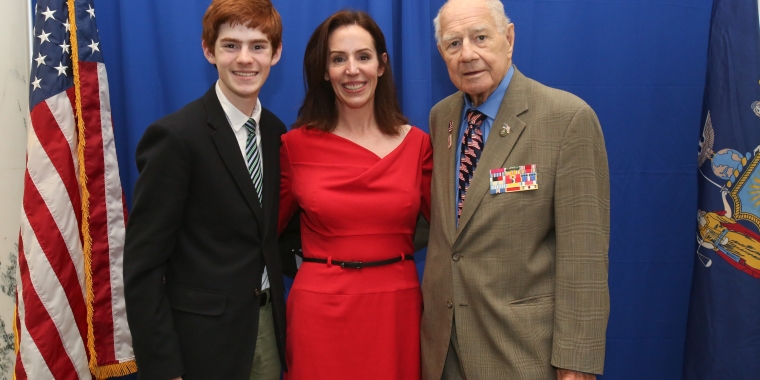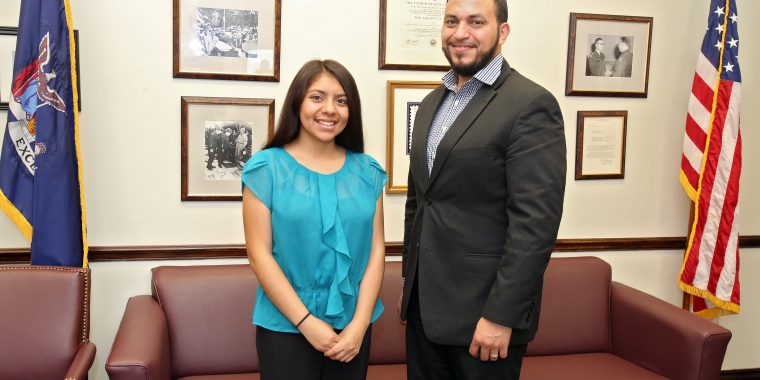
Larkin Announces New School Accountability Law
William J. Larkin Jr.
August 15, 2005
Senator Bill Larkin (R-C, Cornwall-on-Hudson) today discussed a new law recently signed by Governor George Pataki that will strengthen oversight and increase accountability of school district finances, while protecting property taxpayers from fraud and abuse.
"New York invests billions of dollars each year in our school systems," said Senator Larkin. "This new law will tighten the reigns on school district finances and will help protect from the shocking abuse that was recently exposed in several districts on Long Island. It will assure taxpayers that their hard earned money is not being
wasted, and parents can feel confident that education dollars are going into the
classroom where they belong."
The School Fiscal Accountability legislation includes two separate bills. The first bill requires that school board members receive six hours of financial oversight training, while establishing an internal audit mechanism within each school district. In addition, the new law mandates a competitive Request for Proposal or RFP process for selecting independent auditors every five years. These external auditors would conduct independent audits annually. The bill also requires school boards to create audit committees to work with the auditors and school boards throughout the audit process and to develop a public formal response for the school board to issues raised in the audit.
The second bill requires that all school districts, boards of cooperative educational services (BOCES) and charter schools be audited by the State Comptroller at least once prior to 2010. Subsequent State audits would be determined according to a risk assessment established by the Comptroller. The Comptroller would report his findings to the Governor and Legislature in December of each year.
The new law also makes $2.9 million in funding available to conduct the various audits, enabling the Office of State Comptroller to examine financial documents and records, assess the current financial practices of schools to ensure they are consistent with established standards, and determine that school districts have in place adequate protections against fraud, theft or professional misconduct.
Share this Article or Press Release
Newsroom
Go to NewsroomMaria del Pilar Ryan, Ph.D.
May 20, 2016


